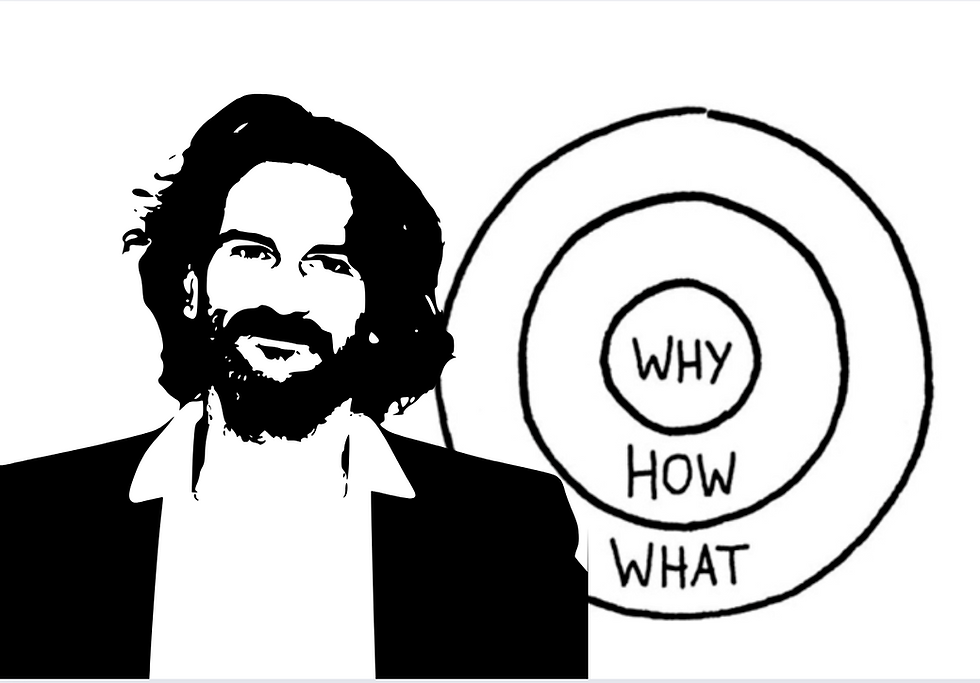The New Learning: Flexibility, Critical Thinking and Artificial Intelligence
- Eleonora Guido
- Sep 2, 2025
- 2 min read
A few days ago, during an aperitivo conversation, I found myself reflecting on how we learn.
In schools, learning is still conceived as a linear path: you study — often with a memorization approach — you specialize, and then you accumulate vertical skills.
The promise was clear: more degrees and more knowledge meant more value on the market.
This should not be dismissed. Education, logical reasoning, and critical thinking must remain sharp tools to read and live life.But they need to be detached from the contemporary job market — ever since Google arrived. And, even more so today, with Artificial Intelligence.
A paradigm shift
I see a real paradigm shift, as if we had completed a full turn of the rudder.
Knowledge is no longer a competitive advantage. There’s no point in memorizing facts when you can get them in seconds with a query.
👉 The real dividing line is not how much we know, but how we navigate information.
The end of verticality
The traditional model rewarded verticality: becoming an absolute expert in a niche, guarding technical knowledge that was inaccessible to others.
Today, that same approach risks becoming a limitation.A skill that is too vertical can quickly turn fragile, obsolete — even replaceable by a machine that does the same task better.
The value of transversal skills
The new competitive edge lies in mental elasticity: the ability to connect, cross, and translate different competencies.
It’s no longer about “knowing a lot,” but about knowing across disciplines.
Transversal skills — creativity, critical thinking, communication, change management — are what allow a person to navigate a constantly moving world.
Learning to connect
This doesn’t mean abandoning education. It means changing its meaning.
It’s not about accumulating diplomas, but about training the mind to move from one context to another, to embrace contamination, to detect weak signals.
Learning becomes a space for experimentation: less encyclopedic, more strategic.
The challenge of the future
The “winners” won’t be those with the most formal training, but those who cultivate the ability to think laterally, learn quickly, and connect the dots.
The real difference won’t be made by those who know the most, but by those who move the best.
An unexpected freedom
In this, I consider myself lucky: I was never a model student. My mind was always wandering, and concentration is something I had to train over the years — still with some effort today.
And yet, that instinct not to lock myself into a single topic, not to split hairs endlessly, is becoming an incredible weapon of freedom.
Because I’m learning so much, I’m even building an app from scratch, and I can use different AIs as if they were small collaborators.
Conclusion
We shouldn’t be afraid.We should enjoy it.At least, that’s how I see it.




Comments